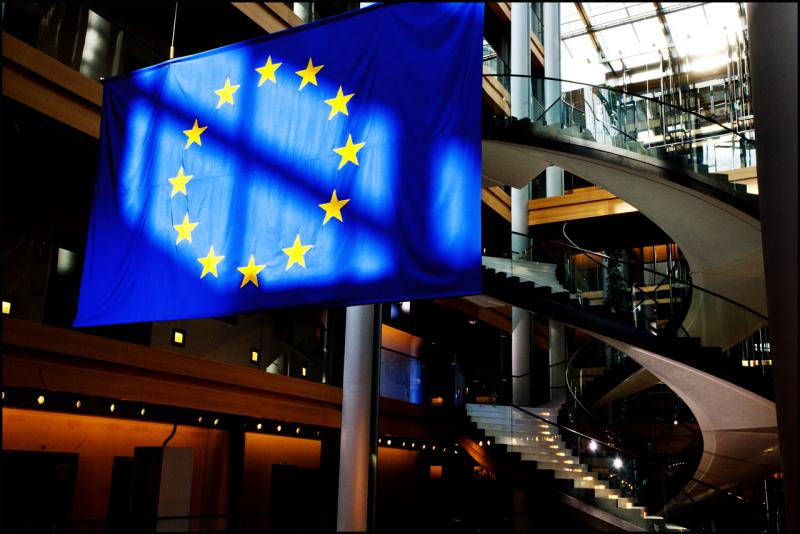
The European plan for a digital services tax is delayed due to a strong opposition of low tax Nordic member states, Ireland and Malta and fierce criticism from German business and manufacturing associations. But French finance minister Bruno Le Maire who pushed for this tax more than any of his colleagues announced that France would join forces with German finance minister Olaf Schulz’s to delay the introduction of an EU tax to allow the OECD to make a comprehensive proposal by 2020.
Behind the scenes, Paris was deeply disappointed that Berlin scrapped the idea after the two countries agreed on the initiative in the Franco-German Meseburg declaration, a vision of the future of the EU, stating the two countries would aim for “an EU agreement on a fair digital taxation by the end of 2018.”
The true reason behind France’s motivation to push for this tax has nothing to do with ensuring “fair taxation”, but is a direct attack on US companies as French finance minister Bruno Le Maire said at an informal meeting: “We want to tax American tech giants, but certainly we don’t want the Chinese to tax Louis Vuitton.”
In other words, he wants to rob the money from an industry where his country cannot compete and therefore would not be affected – apparently, that is acceptable. But of course, he could not let the Chinese tax a famous French fashion company. That double standard is the core of the problem.
Ireland, which hosts big tech firms’ European headquarters like Apple, Facebook, and Google, sees it realistically: “What kind of reaction would this bring if this was a model that was imposed on us?” Irish finance minister Paschal Donohoe asked his other EU finance ministers at a meeting in Brussels.
In December the EU member states will formally announce the plan to lift this topic to the OECD level. At a recent conference with the focus on international taxation and the digital economy organized by the OECD and BDI (German Business Association) in Berlin, Pascal Saint-Amans, Director at the OECD Center for Tax Policy and Administration said that he sees different emerging ideas.
The idea to tax user contribution, which would especially hit digital companies like Google, Facebook and others, not affecting companies like Amazon and Apple. But countries that want a long-term global solution like the United States see user contribution as only one part of the discussion.
Another bad idea is a global minimum tax where some countries say they can “protect” themselves to avoid “loosing” to a zero or low tax country. A very important aspect is that this new process must not change permanent establishment and therefore the international tax regime.
The focus in the coming months must be to challenge those 12 countries like Spain in the European Union that implemented a local digital services tax already or starting in 2019.

